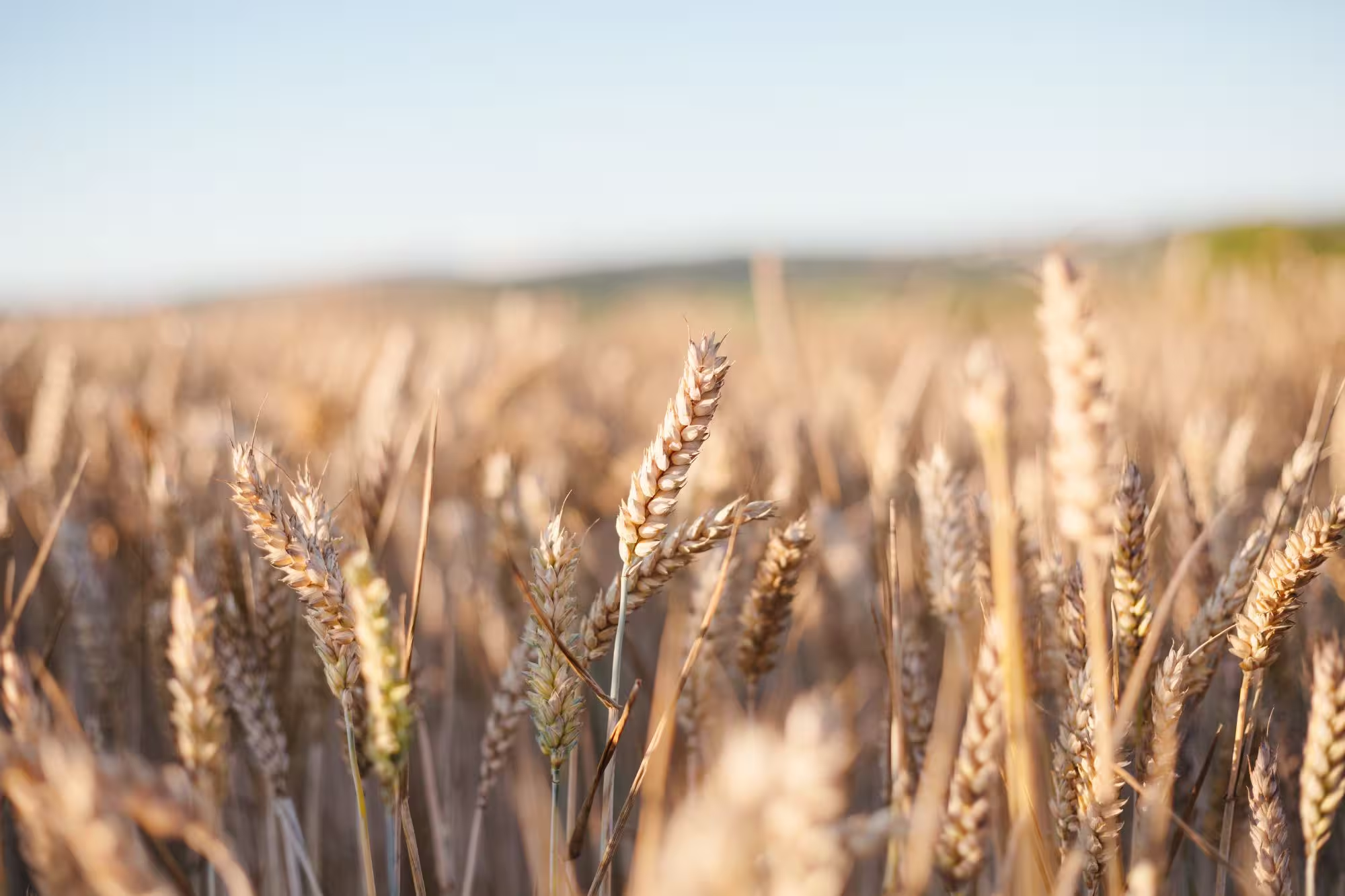Circadian clock editing in wheat

Global warming is predicted to increase temperature and the frequency of extreme weather events, and also to alter precipitation patterns and abundance, thus changing water availability to crops. Wheat breeding has traditionally been a slow, iterative process, with incremental gains taking years to achieve. However, the challenges posed by climate change necessitate new solutions to sustain wheat production. Advanced technologies like genome editing are crucial, as they offer direct or indirect methods for rapidly incorporating desirable traits. Genome editing is particularly valuable because it can swiftly create mutations across all gene copies within wheat’s three subgenomes, a feat that would be difficult to accomplish through conventional breeding techniques.
The overall aim of this project is to utilize advanced biotechnology, genomics, functional genomics, and breeding techniques to develop next-generation wheat germplasm that will increase the security of global wheat production and address the need for a 50% increase in genetic yield potential by 2050 (IWYP). To achieve the desired outcomes, it will employ an integrative approach of accelerated evolution through genome editing and conventional breeding to modulate the circadian clock (CC) of wheat and develop variable climate-resilient wheat germplasm (ccWheat) for breeders.
